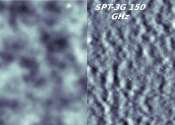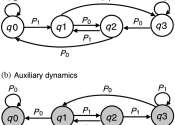War changes language: More Ukrainian, less Russian
A multidisciplinary team of researchers from LMU, the University of Bath, and the Technical University of Munich (TUM) have analyzed changes in the use of language on social media in Ukraine before and during the Russian ...









